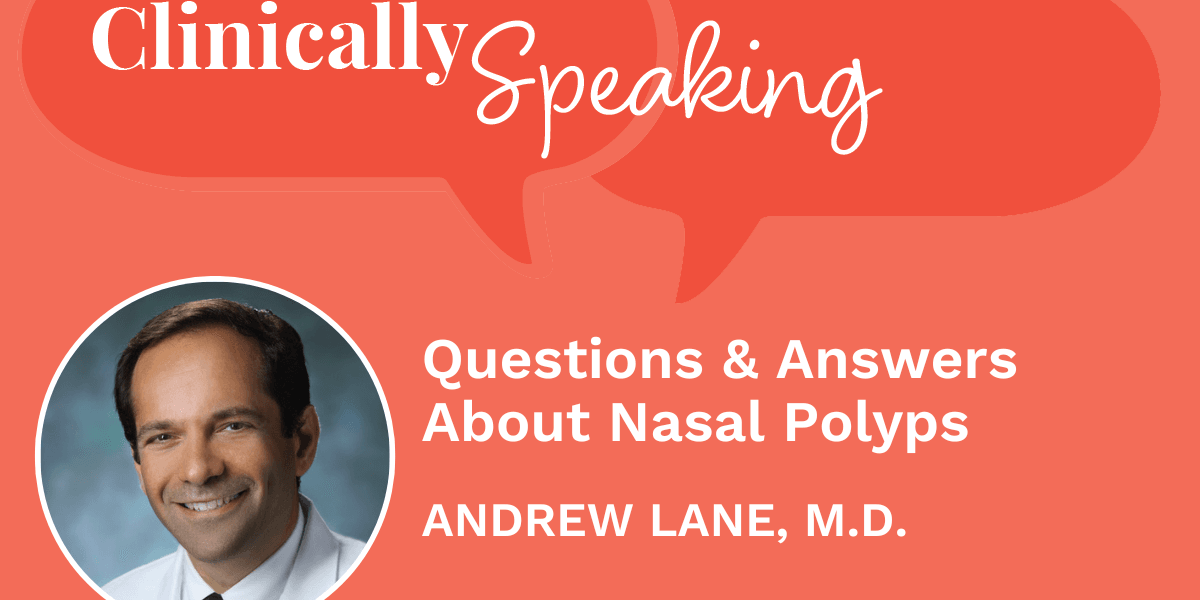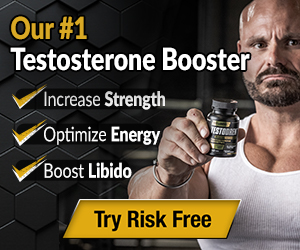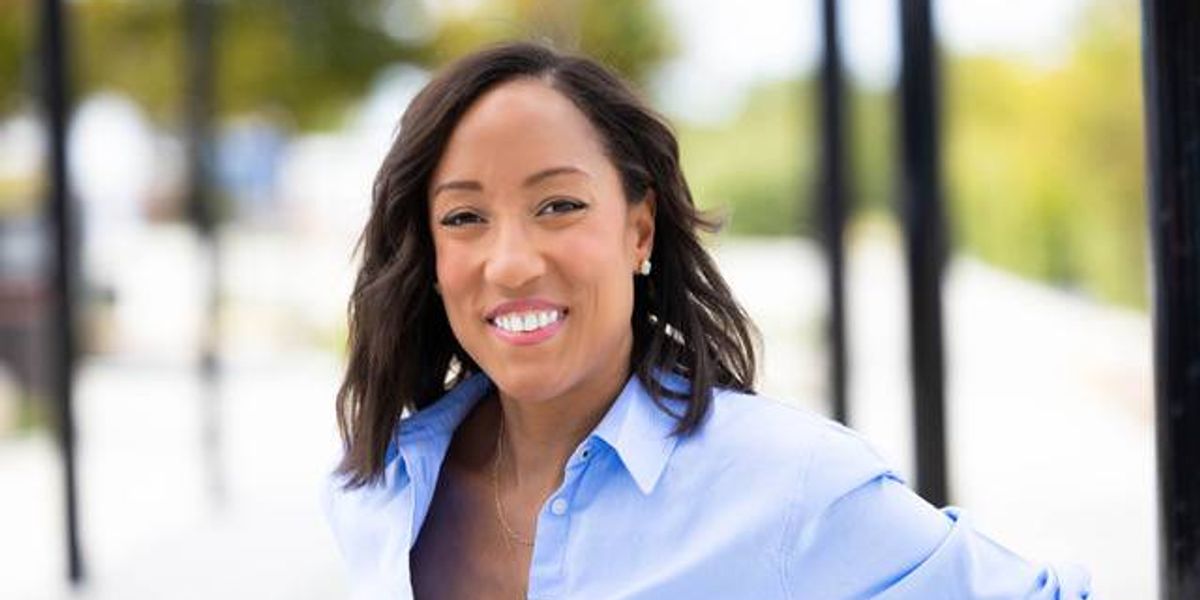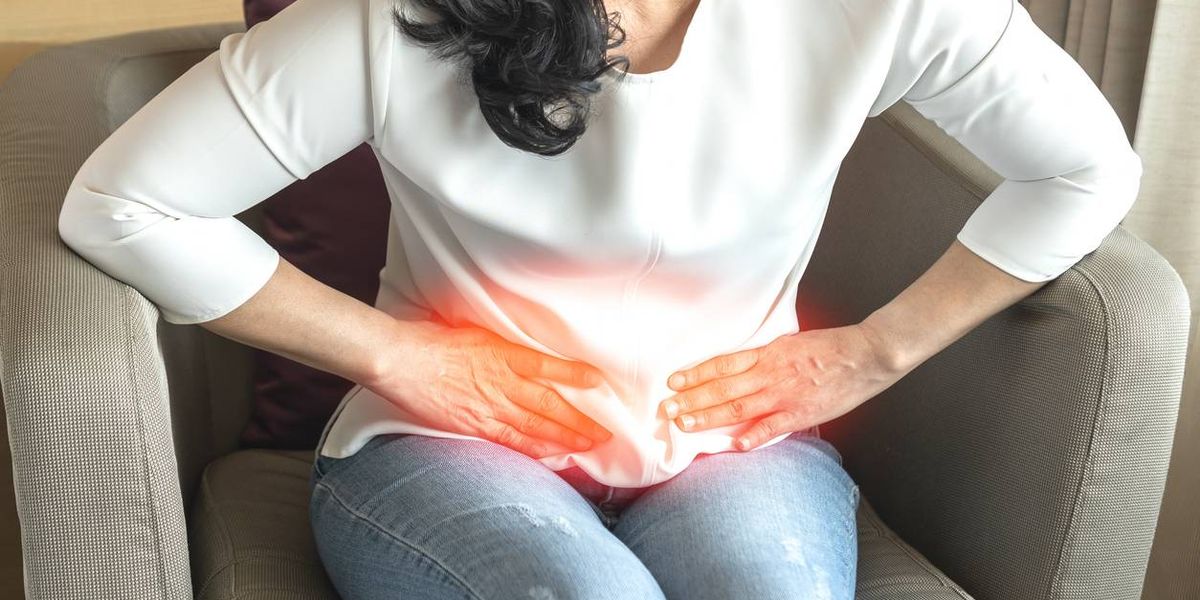Questions and Answers About Nasal Polyps
Nasal polyps are noncancerous growths that develop inside the nose or in your sinuses. Although nasal polyps are usually painless, they can produce uncomfortable symptoms like pressure and fullness in the nose and face, a stuffy nose with thick and discolored drainage, breathing issues and a loss of smell and taste.
Anyone can get nasal polyps, although they’re more common in middle age. They can’t be cured, but there are treatments available to help manage symptoms. We reached out to Andrew Lane, M.D., director of the Johns Hopkins Sinus Center and of the Division of Rhinology and Sinus Surgery at the Johns Hopkins School of Medicine, for more information.
What is the goal of treatment for nasal polyps?
The goal of treatment is to help patients manage and improve symptoms. That can be done by reducing or eliminating the polyps and then preventing their recurrence or regrowth.
What are the different types of treatments for nasal polyps and what benefits do they offer?
Corticosteroids, endoscopic sinus surgery and biologics are treatments for nasal polyps.
- Corticosteroids include systemic steroids (steroids that you put in your body), such as oral prednisone or injections, and topical steroids that are applied in the nose, like sprays or saline rinses. Corticosteroids can shrink nasal polyps and improve nasal polyp symptoms.
- Endoscopic sinus surgery removes nasal polyps and opens the sinuses widely, helping relieve symptoms. Following surgery, patients can better use nasal rinses and sprays for maintenance, because those medications can now enter the cleared sinuses.
- Biologics are the newest option for treatment. They’re not chemicals, but medications made by living cells in culture. They also have a longer history as an effective asthma treatment, making them a good choice for nasal polyp sufferers who also have asthma. Biologics are injected under the skin once or twice a month, and they circulate through the body, hitting every part of the sinuses.
Read: Biologics, Biosimilars and Generics: What’s the Difference? >>
What treatments work best for minimizing the chance of recurrence?
The best treatment for minimizing recurrence depends on the severity of a patient’s symptoms. But corticosteroidsare the first and main option for many patients since they can shrink the polyps and improve symptoms.
Systemic steroids provide fast relief, but the downside is that there are longer-term side effects that are common with continual steroid use. These medications can help patients feel better for a period of time, but nasal polyp symptoms can recur within months, weeks or even days after the medication is stopped. Sprays and rinses don’t carry the same side effects as systemic steroids and can be used indefinitely, but they’re less effective due to the method of application. Unless your sinuses have been surgically opened, the medication might not get in the affected areas enough to make an impact.
With surgery, most patients who undergo the procedure and use nasal rinses and sprays for maintenance minimize the chance for recurrence — which occurs in 40% of patients. About 15% of patients might need additional procedures to remove polyps that grow back. Those procedures involve making extra-large sinus openings to maximize the ability of rinses to get to difficult-to-reach areas where the polyps recur.
How do you determine which treatments to offer patients?
Medication is offered first in most cases, withsurgery usually reserved for people who don’t find relief from medical therapy. However, surgery could be the first choice for patients who can’t take systemic corticosteroids. Also, in patients with polyps that are the result of an abnormal response to fungus, sometimes there is fungal material trapped in the sinuses that has to be surgically removed for patients to feel better.
If medication and surgery fail to provide relief, or if other conditions make patients poor candidates for surgery, biologics will be offered. Biologics are approved for use as an add-on treatment to a steroid spray or rinse, so patients must remain on topical therapies while using biologics.
Can people with nasal polyps expect to get full control of their polyps with treatment?
Keeping up with your treatment routine is key to helping prevent existing nasal polyps from growing or stopping new nasal polyps from developing.
Staying consistent with rinses and sprays after surgery in particular is important to prevent the recurrence of symptoms. If patients are vigilant with the use of rinses or sprays, that can help prevent polyps from growing or returning if they’ve been removed or shrunk with systemic steroids.
Even if you think you’re doing well, polyp regrowth may occur before symptoms show up, so you should make sure you’re maintaining the routine that’s been working and have regular check-ups from an otolaryngologist — often called an ear, nose and throat specialist (ENT).
This educational resource was created with support from GlaxoSmithKline, Sanofi and Regeneron.
From Your Site Articles
Related Articles Around the Web
Source link
Share this article:













